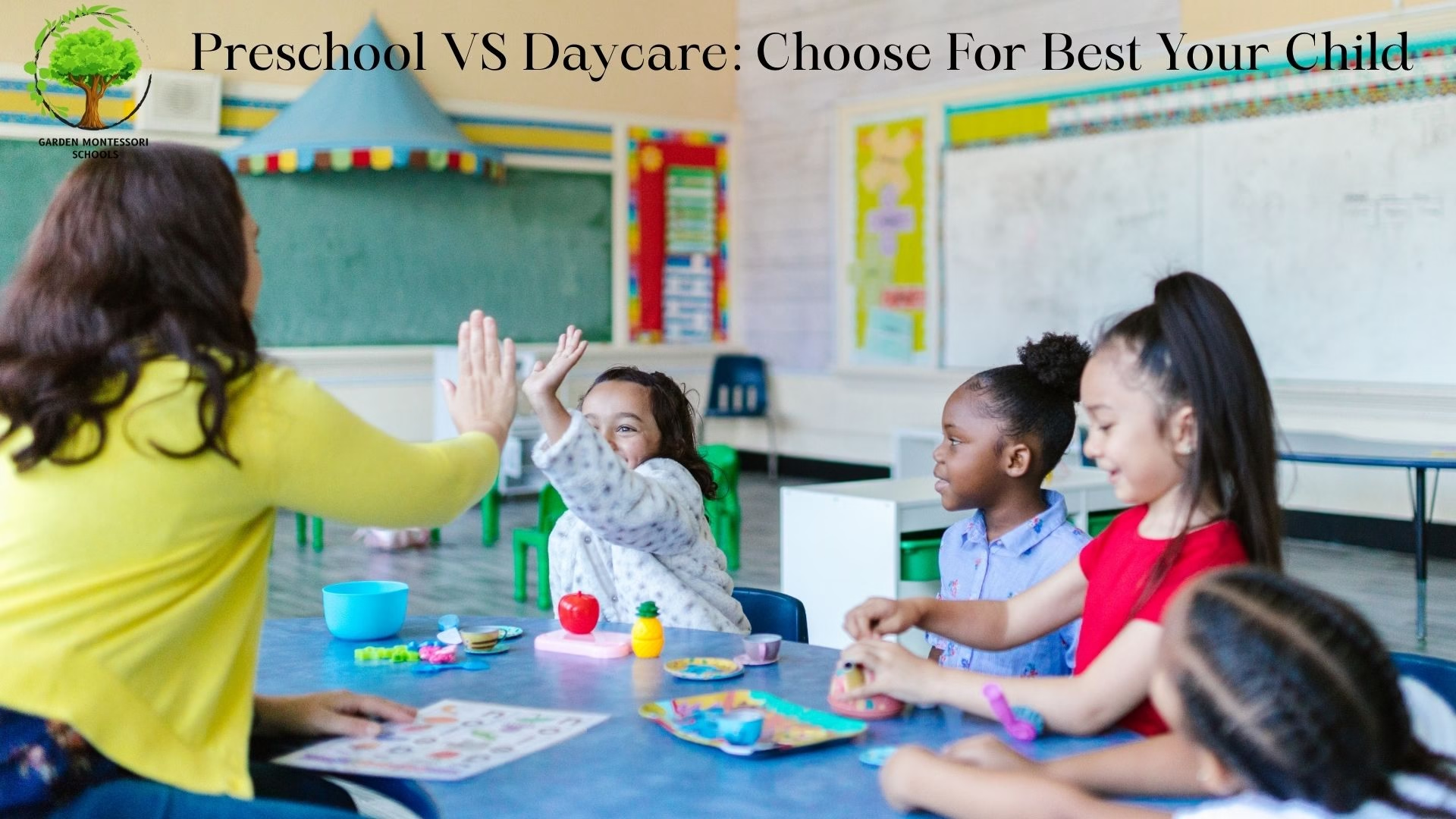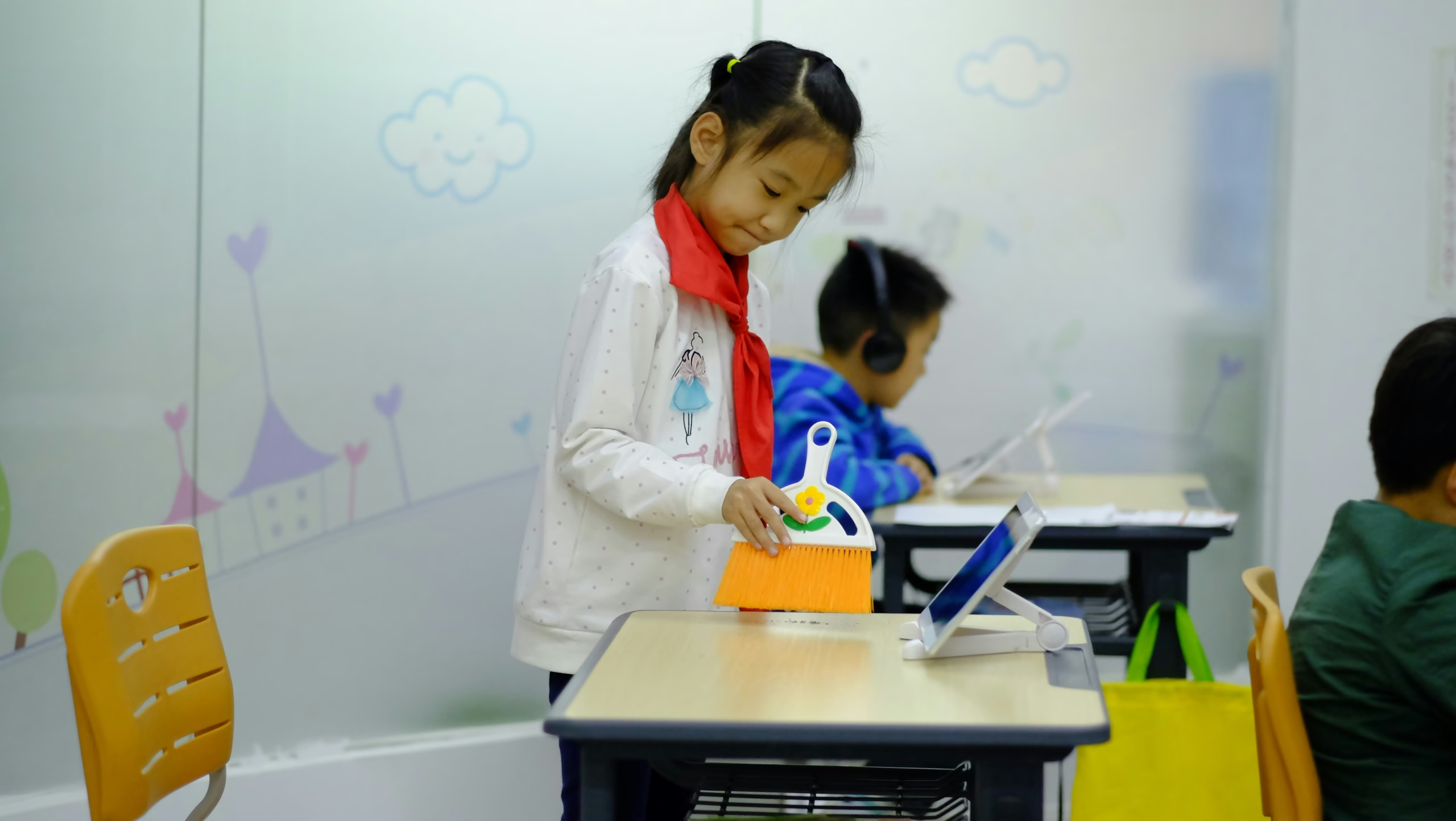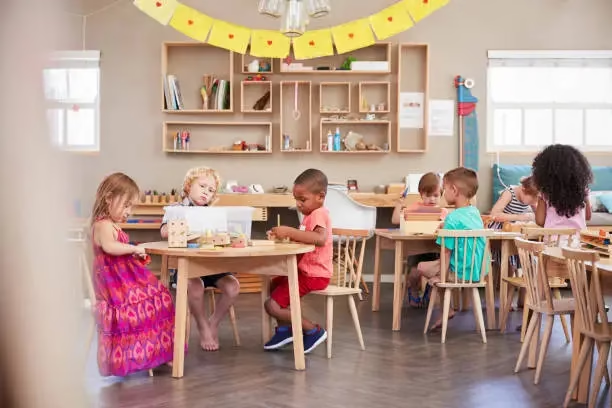Parents and caregivers ought to learn to recognize the symptoms because failure to deal with the anxiety problem among children may lead to negative mental and psychological complications of lifetime certainties.
The parents and care givers can give the desirable assistance in case they are taught on the indicators, cause and how professionals can go about it. Managing the concepts of anxiety in children does not only offer them relief in the short-run, but can eventually make them more resilient.
Understanding Anxiety in Kids
Children have a tendency to generate fear, worry and angst that is persistent in nature and exceeds the normal worries that kids usually have which defines Anxiety in kids. Although it is normal to experience nervousness before an exam or before a performance among children, it assumes a problematic dimension when it becomes regular, excessive, and when it impairs normal daily life activities.
The most frequent symptoms of anxiety are restlessness, loss of concentration, impatience, disturbance of regular sleep or fatigue and in certain instances, stomach disorders or headaches. Anxiety will manifest itself in separation anxiety, social anxiety as well as generalized anxiety disorder.
The differences should be known since they can all have different support strategies. The outcome can significantly be enhanced by getting the appropriate help at the right moment of need by offering modes of coping to handle the situation and majorly reducing the risk of future emotional trouble.
Causes of Anxiety in Kids
Causes of anxiety amongst children are numerous and they include genetics and environment. Having a history of anxiety or other mental health issues in the family predisposes one to it. Starting a new school, the separation of parents, bullying, are some of the traumatic life events.
At other times, having academic requirements or being precise enough may provoke too much worrying thoughts. Moreover, the negative news and the content at the internet may also make sensitive children develop anxiety. There are other brain chemistry factors such as neurotransmitters imbalances that can cause anxiety.
Learning about anxiety in kids allows parents and teachers to address the problems rather than correcting the symptoms. They can also reduce the feeling of anxiety in children by establishing a safe environment and showing support towards a child, as well as embracing open and truthful communication.
How to Identify Anxiety in Kids
Even though it is rather important to understand the process of communicating to kids, it is also significant to be aware of their activities as well because children tend to remain quiet about their issues. Psychological distress shows withdrawal in socialization with friends and relatives, school and the initially enjoying activities.
Physical disturbance is also signified out by frequent muscle tightness, stomach aches and headaches. Children can inhibit clingy and grumpy behaviours and go to the extremes in sulking. Poor sleep may dramatically reduce performance and concentration because of tiredness.
Mood swings with an absence of interest can mean the repressed or repressed feelings. Caregivers, and teachers are expected to offer the children a secure environment where they can express themselves out. It is crucial to intervene at the right time when the children are young to prevent the existence of anxiety or other possible mental complications. It is essential to understand the disturbing behavior and feelings and it is also beneficial to be able to express my thoughts and feelings.
How to Assist Kids to Cope with Anxiety
There are things to do to help children cope with anxiety on an emotional and practical level. The first thing that parents can do is to ensure that their child is being listened to by neutralizing the dismissal of their feelings. Uncertainty should also be reduced by establishing calm, organized atmosphere and regular schedule.
Yoga breathing practices, sitting meditation, and relaxation can all provide the child with the tools to manage the anxious situations. It is also positive to limit the exposure to stressful news or Internet materials. Instead of focusing only on studies, physical activities and hobbies promote an emotional balance and create a self-confidence. Explores ways to relieve anxiety in kids through physical activity and time outdoors
When things are worse, consulting a professional can be of help, and there is cognitive behavioral therapy (CBT), which teaches coping skills according to the needs of a child. The cooperation of parents, teachers and healthcare practitioners will guarantee the stability. The approach to the psychological and physiological expression of anxiety in children can help the children develop resilience and excel in every sphere of life.
Common Questions About anxiety in kids
Is anxiety in kids common?
Of course, it is very typical that some anxiety occurs in children as many of them can suffer the anxiety of sorts at one point of their development.
Can anxiety in kids go away on its own?
Mild anxiety is the one that can even reduce over time with the help of support, but in the case of chronic anxiety, interventions are necessary.
How do I know if my child needs professional help?
In case worries of children interfere with everyday activities, education, or connections within weeks, the professionals should be sought.
Can school contribute to anxiety in kids?
Yes, the school can be a major trigger through academic pressure, bullying and social difficulties in school.
Conclusion
Anxiety among the children is not a minor condition. Properly identified, equipped and guided when necessary, children may learn how to overcome the situation and live confident and healthy lives.



